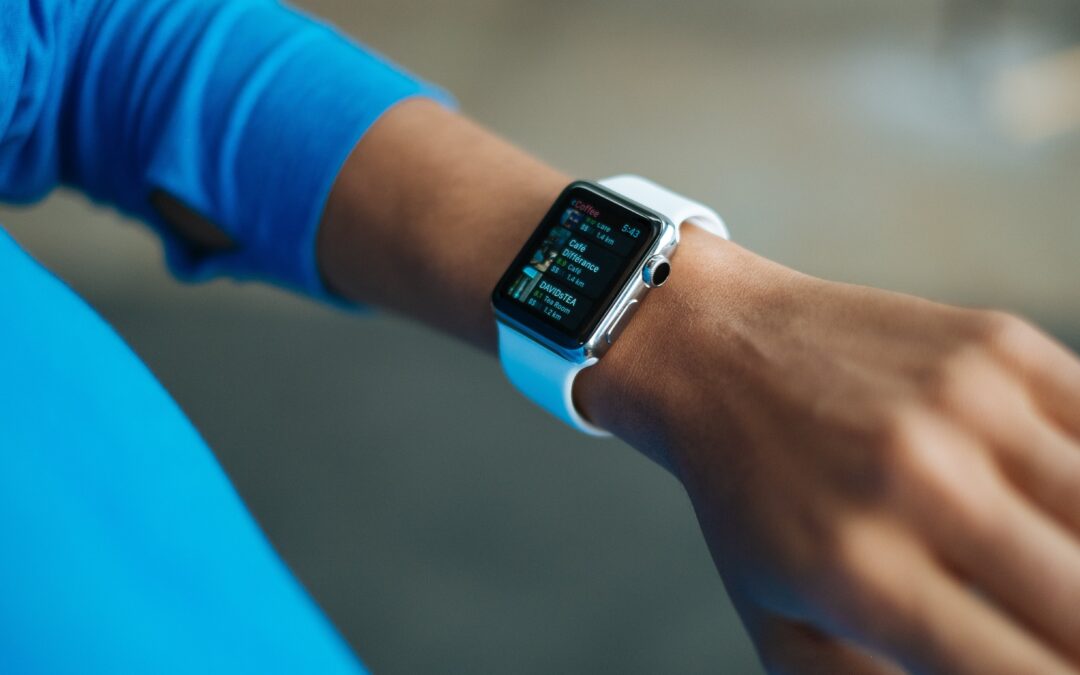As societies around the world face the challenges of an aging population, technology has emerged as a powerful tool in supporting the well-being and longevity of older adults. From gadgets designed to monitor health parameters to apps that facilitate social connection and tools that promote safety, there is a wide range of technological innovations tailored to the needs of seniors.
Let’s explore how technology can play a crucial role in enhancing the aging process:
Health Monitoring Devices
Wearable devices such as smartwatches and fitness trackers can monitor vital signs like heart rate, blood pressure, and activity levels. These devices not only provide real-time feedback but also enable individuals and their caregivers to track long-term health trends and detect any anomalies early on.
Medication Management Apps
Seniors often have complex medication regimens, which can be challenging to manage. Medication management apps help in organizing medication schedules, sending reminders for doses, and even facilitating prescription refills. These apps reduce the risk of medication errors and ensure adherence to prescribed treatment plans.
Telehealth Services
Telehealth platforms allow older adults to consult healthcare professionals remotely, eliminating the need for frequent trips to hospitals or clinics. This is particularly beneficial for individuals with mobility issues or those living in remote areas. Through video calls and messaging, seniors can receive medical advice, monitor chronic conditions, and seek timely intervention when needed.
Smart Home Technologies
Smart home devices equipped with sensors and voice commands can enhance safety and convenience for older adults. These include smart doorbells with video surveillance, motion-sensing lights, automated temperature control systems, and voice-activated assistants like Amazon Alexa or Google Home. Such technologies help seniors to maintain independence while staying connected and secure within their homes.
Social Engagement Platforms
Loneliness and social isolation are common concerns among older adults, especially for those who may be living alone or have limited mobility. Social engagement platforms like Facebook, Skype, or specialized apps for seniors enable virtual connections with family members, friends, and peers. Online communities and forums also provide opportunities for seniors to share experiences, seek advice, and participate in group activities remotely.
Cognitive Training Apps
As cognitive decline becomes a concern with age, brain-training apps offer exercises and games designed to maintain and improve cognitive function. These apps stimulate memory, attention, and problem-solving skills, promoting mental acuity and overall brain health.
Emergency Response Systems
Personal emergency response systems (PERS) consist of wearable devices or home-based units that allow seniors to call for help in case of emergencies. With the press of a button, users can alert designated caregivers or emergency services, providing peace of mind for both seniors and their loved ones.
Technology has the potential to greatly enhance the aging experience by promoting health, safety, and social connectivity. By embracing innovative gadgets, apps, and tools, older adults can maintain independence, improve their quality of life, and age gracefully in the digital era. However, it’s essential to ensure that these technologies are user-friendly, accessible, and tailored to the diverse needs of older populations. Moreover, fostering digital literacy and providing adequate support is crucial to maximizing the benefits of technology for seniors.


